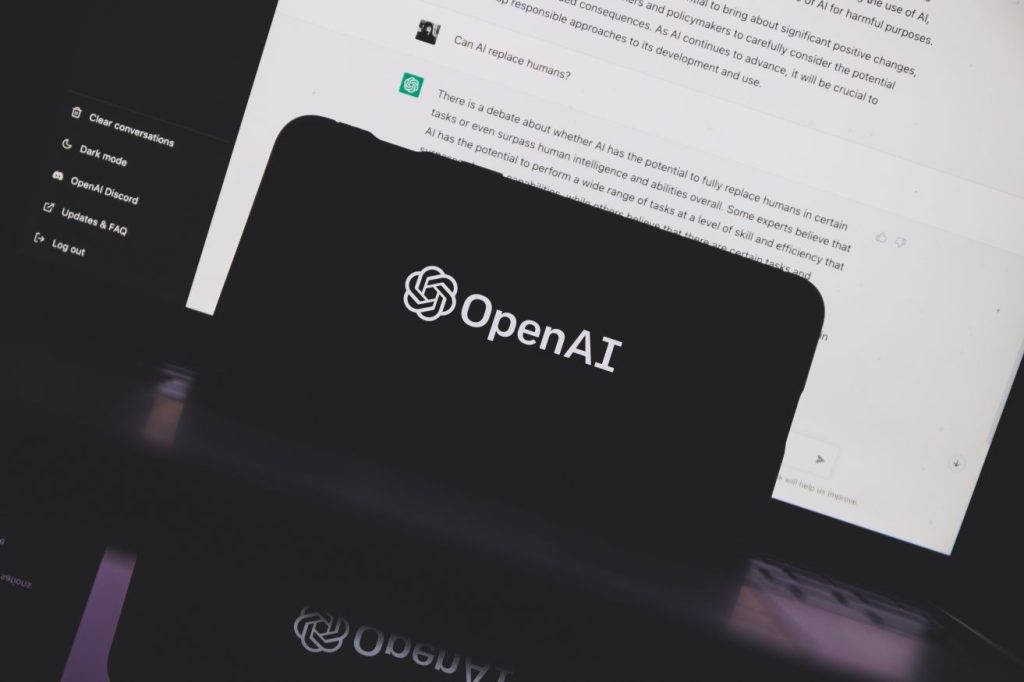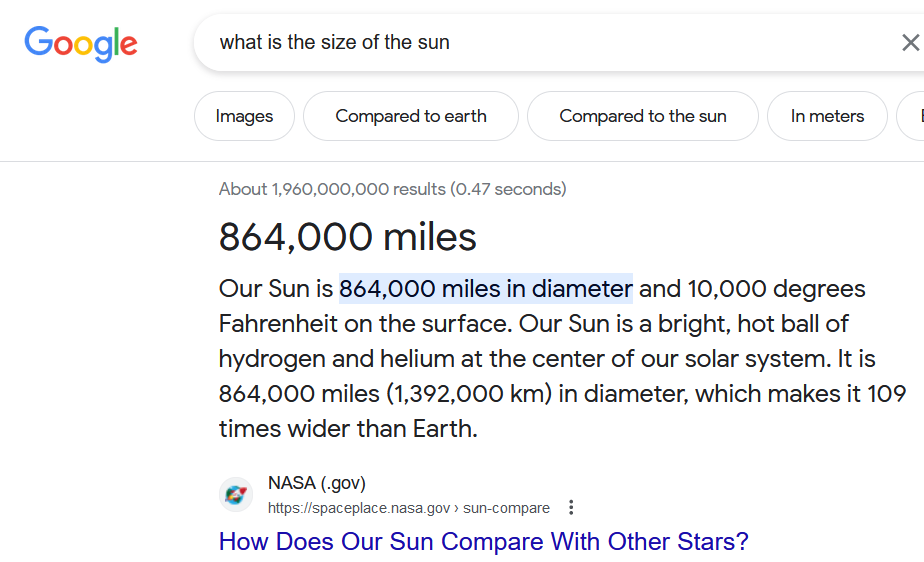It goes without saying, but ChatGPT is one of the most revolutionary pieces of technology that has ever been released.
Considering it can answer questions about almost any topic – no matter how nuanced, this has led some people to wonder – where does this leave Google, and why use Google at all if ChatGPT can just generate an answer for you?
This question has left both experts and Google themselves scrambling, but we have some answers.
So, in this article I’ll cover everything that you need to know!
Will ChatGPT Replace Google?

Even if we ignored Google’s plans to address ChatGPT (which I’ll discuss in a moment), it’s unlikely that ChatGPT – or software like it, would replace Google entirely.
There’s a few key reasons for this.
First of all, not all questions can really be answered in one summary alone. Although you may be able to use ChatGPT to find out how much of an ingredient goes into a recipe, you wouldn’t use it for topics in which you want to find out lots of varying opinions, compare or contrast ideas, or do deep research to really understand a topic.
This means there are still going to be a lot of searches in which people want to browse through multiple websites, and actually read through the articles – rather than just getting an immediate answer.
Secondly, old habits die hard.
While the younger population is more likely to adapt to changes in how they search for information (we are already seeing TikTok being used as a search engine for example), older folks may not change their habits so easily.
Since the beginning of the internet, we’ve been trained to scroll down to the list of websites, click on them, and read through to find our answer. This won’t stop entirely, even if the answer can be generated immediately with ChatGPT.
Finally, ChatGPT is still relatively niche software amongst the general public. Although they now have an official mobile app out, most people are still turning to Google for their searches. While there are subsets of people using ChatGPT (or Bing Chat) more than Google, it’s highly dependent on the topic at hand as well as the type of person using it.
For now, most people don’t fall into that category.
Google Is Rolling Out Their Own Version Of ChatGPT (embed video)
Of course, just because Google still holds the highest share of the search market, does not mean that they’re not working.
At their recent developer’s conference, Google announced that they’d be massively overhauling their search results to put AI front and center for a large percentage of queries.
These may include simple ChatGPT-like answers towards the top of the page, or even full detailed product comparisons when the search calls for it.
You can see some examples in their teaser video here:
Like ChatGPT, users will have the ability to ‘continue the conversation’ and ask follow-up questions to get more specific about what they’re searching about.
So, it’s almost as if Google is integrating something similar to ChatGPT (or their current Google Bard product) directly into search as we know it.
This will eliminate the need for users to go to a separate ChatGPT app or website, and allow them to receive a similar service while still maintaining the same habits that they are now.
That being said, rollout of this new search experience will be slow – and it’s unlikely that most people will have access to it until 2024.
Still, we know that it’s coming, and Google is fully prepared to battle OpenAI and Microsoft in order to maintain their search dominance.
Search Will Change, But Not Entirely
With Google’s plans in place, it’s clear that the nature of search is about to change dramatically.
However, I don’t expect the shift will be as big as many people fear.
In fact, you may have noticed when searching that Google already highlights the answers to many questions at the top of the page already.

This is called a featured snippet, and appears for around 19% of queries according to SEMRush.
The difference between featured snippets and Google’s new AI-generated answers is that featured snippets pull text from actual existing web pages, rather than generating it using artificial intelligence. Additionally, Google links out to the site that it pulled the featured snippet from in order to give credit.
However, even when the answer is prominently displayed using a featured snippet, all of the other pages on the search results still continue to get clicks through to their website.
So clearly, people are often interested in more than just an answer. They want to go deeper into the context of the answer, or the other topics relating to it.
Therefore, even when Google’s vision for an AI-powered search is fully realized, people will surely still browse websites as they do now – perhaps just less frequently.
Conclusion
Although ChatGPT does indeed pose a threat to Google search, it won’t be replacing Google anytime soon.
Although Bing Chat has been fully rolled out and utilizes an even more powerful language model called GPT-4, it has still failed to take market share from Google – indicating people aren’t making the switch over. Additionally, Google has their own plans to integrate AI into search, making ChatGPT far less of a threat.
I hope that this article has provided some insights. If you have any other questions about ChatGPT, ask them below and I’ll be happy to help.
Wishing you the best,
– James McAllister
